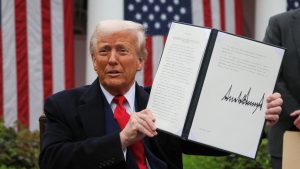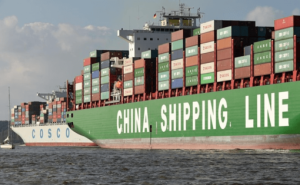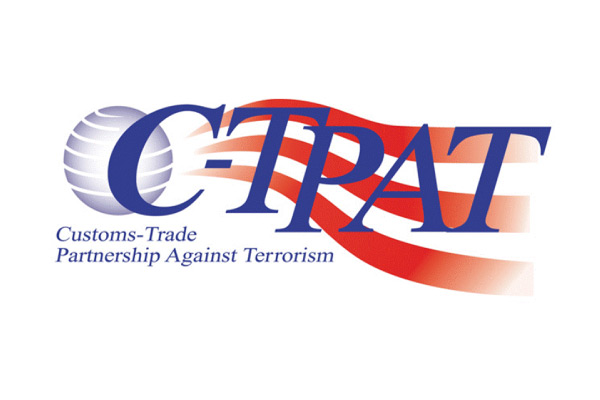The proposed sanctions would increase shipping costs on shipping routes linked to the United States.
China urged the United States to halt proposed restrictions on the country’s maritime , logistics, and shipbuilding sectors, saying such measures would ultimately harm U.S. interests.
The Office of the United States Trade Representative (USTR) announced it will invite public comments on proposed measures against China, including the imposition of port fees, under Section 301 of the U.S. Trade Act.
In a statement, China’s Ministry of Commerce stressed that the proposed sanctions “would not revitalize” the U.S. shipbuilding industry, “but would increase transportation costs on U.S.-related shipping routes, increase domestic inflationary pressures, reduce the global competitiveness of its products, and harm the interests of its ports, port operators, and workers.”
“There is also strong opposition to these measures in the United States. In addition, several countries and organizations have expressed their discontent and opposition to the US investigation,” the official statement noted.
During the Section 301 investigation, which began in March of last year, China has provided position papers and urged the US to “return to a rational and objective approach” and stop blaming Beijing “for its own internal industrial development problems,” the statement stressed.
“It is regrettable that the US continues to act stubbornly and continues to move forward on the wrong path,” the Chinese Ministry of Commerce said, urging the US to “respect the facts and multilateral rules” and “stop its erroneous actions.”
More details
Following the investigation, the U.S. Trade Representative concluded that Chinese practices in these sectors are “unreasonable” and harm or restrict U.S. commerce, making them actionable under Sections 301 and 304 of the U.S. Trade Act.
Specifically, the USTR found that China’s strategy of exercising a dominant position “displaces foreign firms, deprives market-oriented companies and their workers of business opportunities, and reduces competition and creates dependencies on China.”
“China’s pursuit of dominance hinders or restricts U.S. trade by undermining commercial opportunities and investment in the U.S. maritime, logistics, and shipbuilding sectors,” the Office said in a press release.
In a separate statement, China’s Ministry of Commerce on Saturday called on the United States to stop “weaponizing” economic and trade disputes between the two powers, after US President Donald Trump signed an executive order restricting access to US technology by several countries, including China.










